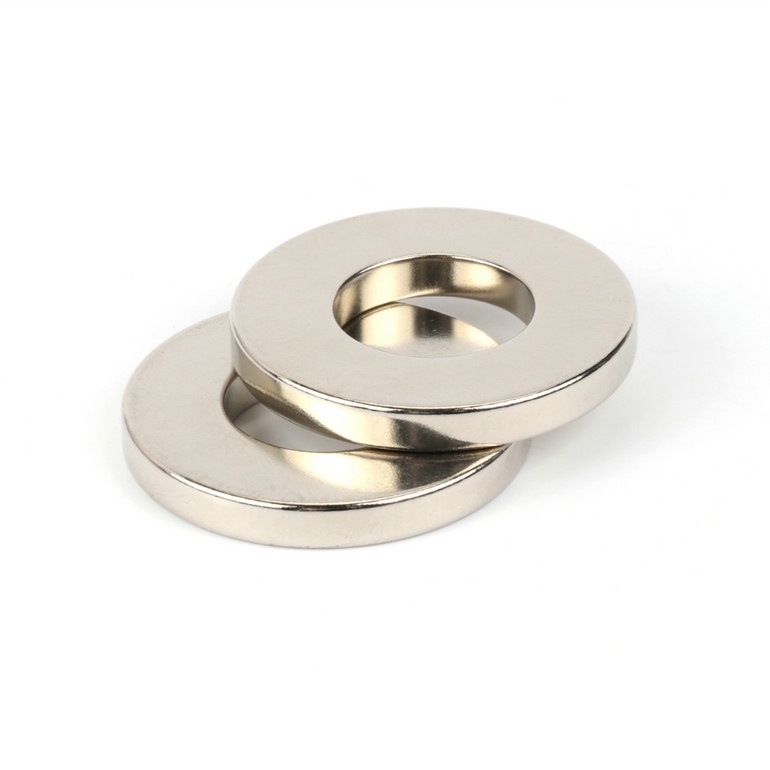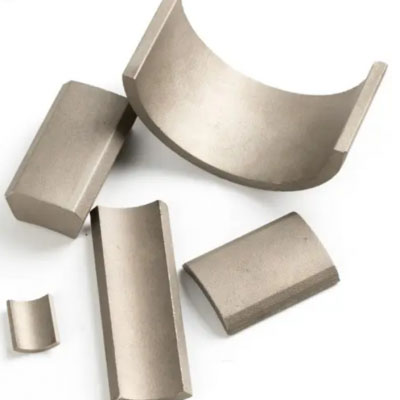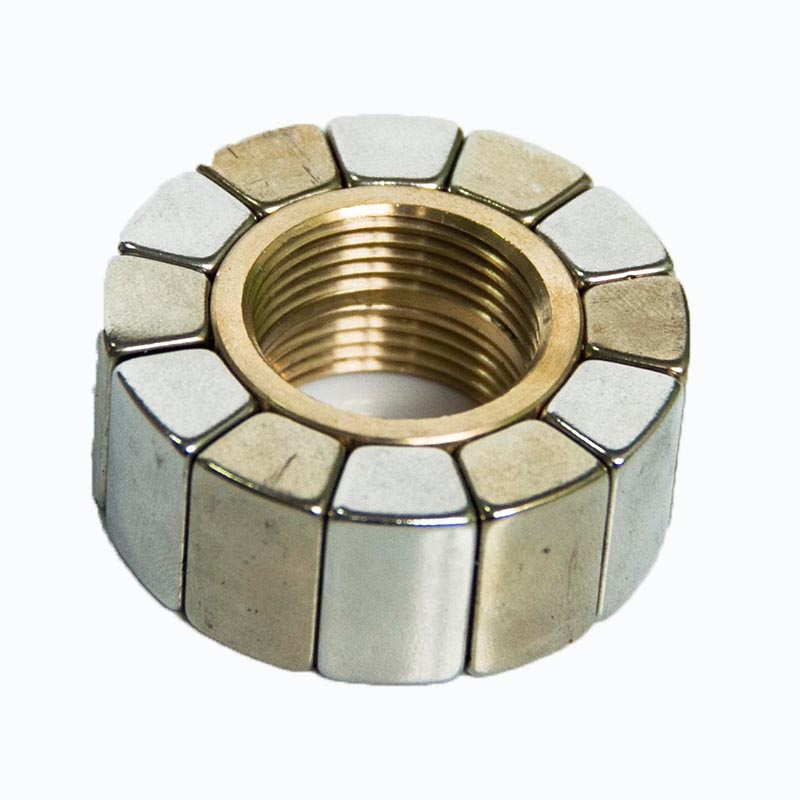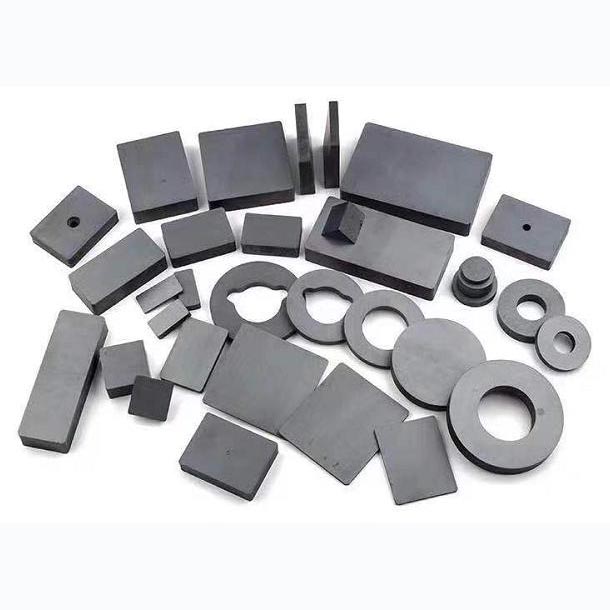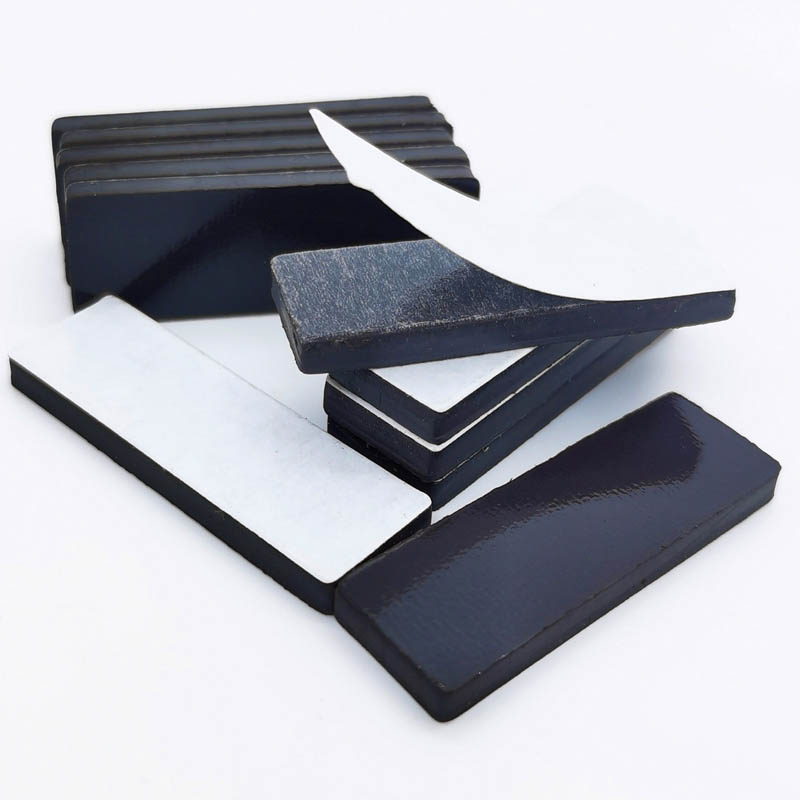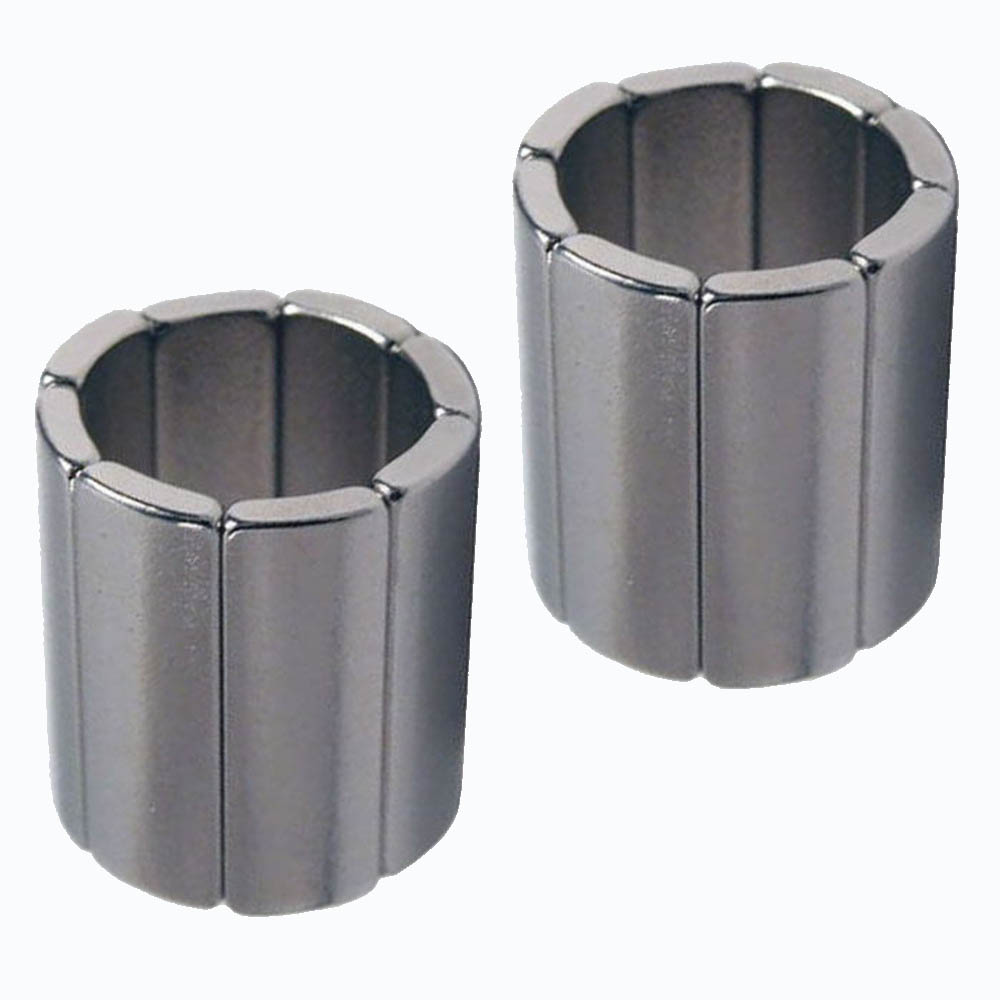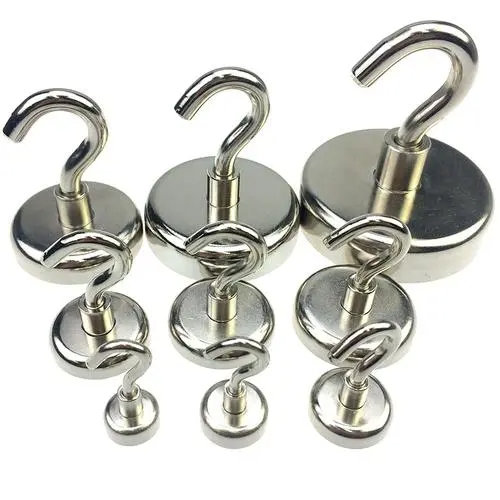Why Magnetic Name Badges Are Replacing Traditional Pin Badges in the Workplace
In recent years, magnetic name badges have gained significant popularity in professional settings, gradually replacing traditional pin badges. This shift is driven by several advantages, including enhanced safety, convenience, and aesthetics. Below, we explore the key reasons behind this trend, supported by data, along with practical applications and maintenance tips.
Key Advantages of Magnetic Name Badges
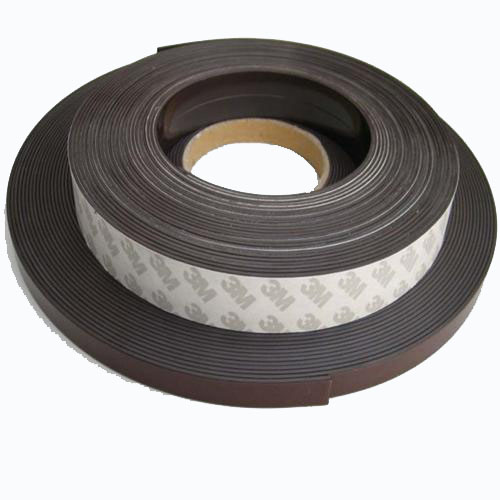
1. Safety and Damage Prevention
Traditional pin badges pose a risk of injury due to sharp pins, especially in environments with high physical activity. Magnetic badges eliminate this hazard entirely. According to a 2022 workplace safety report by the National Safety Council, workplaces using magnetic badges reported a 40% reduction in clothing-related injuries compared to those using pin badges.
2. No Fabric Damage
Pin badges often leave holes or snag delicate fabrics, leading to increased uniform replacement costs. A study by the Textile Industry Association found that employees using magnetic badges saved their employers an average of $120 per year in uniform maintenance costs.
3. Ease of Use and Reusability
Magnetic badges can be easily repositioned or transferred between garments without damaging them. Research from the Society for Human Resource Management (SHRM) indicates that 78% of employees prefer magnetic badges for their convenience, particularly in roles requiring frequent uniform changes.
4. Professional Appearance
Unlike pin badges, which may tilt or appear uneven, magnetic badges sit flush against clothing, maintaining a polished look. A 2023 corporate branding survey revealed that 65% of customers perceived employees with magnetic badges as more professional than those with pin badges.
5. Customization and Durability
Magnetic badges can be customized with high-resolution printing, QR codes, or RFID technology. Industry data shows that 90% of corporate clients opt for magnetic badges when integrating smart features like access control or employee tracking.
Applications of Magnetic Name Badges
1. Corporate Offices
Magnetic badges are ideal for office environments where professionalism and safety are priorities. They are commonly used in reception areas, conference rooms, and open-plan workspaces.
2. Healthcare Facilities
Hospitals and clinics prefer magnetic badges to avoid accidental injuries from pins, especially in high-movement areas like emergency rooms. They also support hygiene by allowing easy removal for sanitization.
3. Hospitality Industry
Hotels and restaurants use magnetic badges to maintain a sleek appearance while enabling staff to switch uniforms without damaging fabrics. Many establishments embed NFC chips for quick access to guest information.
4. Retail and Customer Service
Retail employees benefit from magnetic badges that can be easily updated with seasonal promotions or role changes. A 2023 retail study found that 62% of customers felt more comfortable approaching staff with clearly displayed magnetic badges.
5. Events and Conferences
Temporary staff and attendees at large events use magnetic badges for quick identification. The badges can be reused for multiple events, reducing waste and costs.
Maintenance Tips for Magnetic Name Badges
1. Cleaning the Badge Surface
Use a soft, lint-free cloth dampened with mild soap and water to clean the badge. Avoid abrasive cleaners, which can damage printed surfaces.
2. Storing Magnets Properly
Keep magnetic badges away from electronic devices, credit cards, or pacemakers, as strong magnets can interfere with their functionality. Store them in a dry, cool place to prevent rust.
3. Checking Magnet Strength
Over time, magnets may lose strength. Test the attachment periodically and replace the backing magnet if it no longer holds securely.
4. Avoiding Extreme Temperatures
High heat can demagnetize the badge, while moisture may cause corrosion. Keep badges away from direct sunlight, heaters, or humid environments.
5. Handling with Care
Although durable, magnetic badges can crack if dropped or bent. Handle them gently to prolong their lifespan.




 English
English


